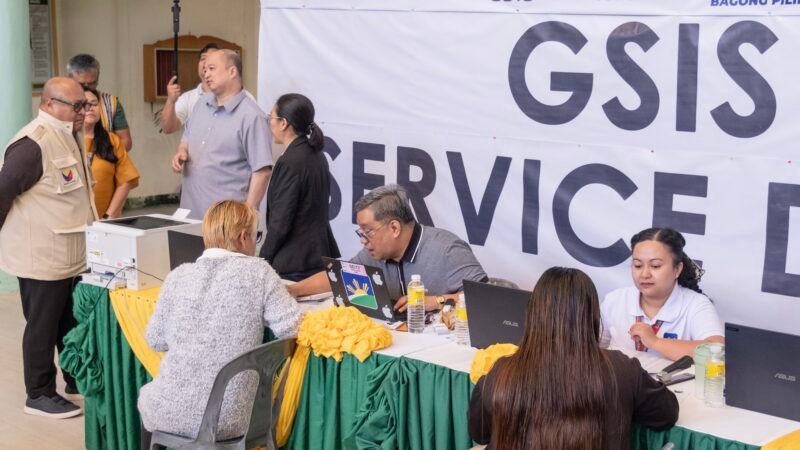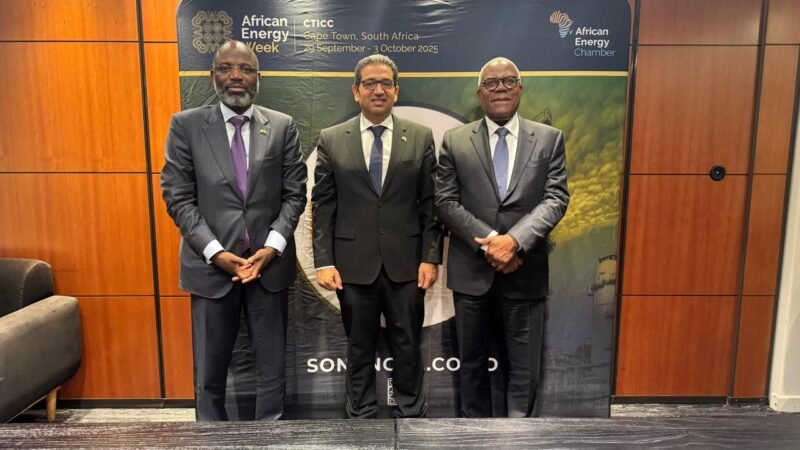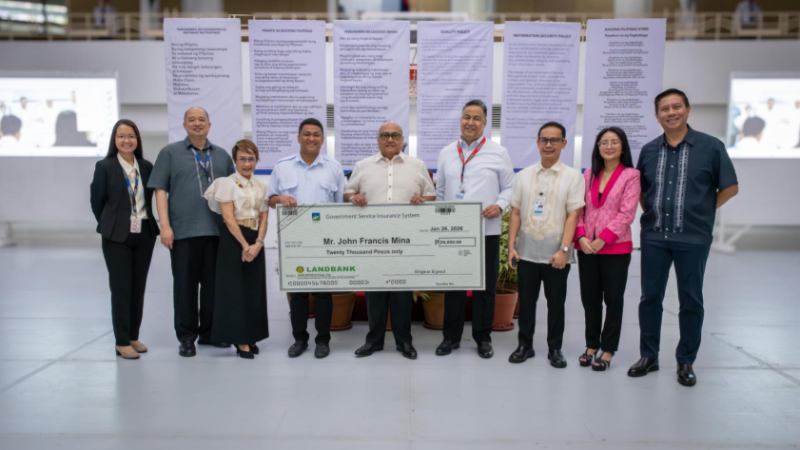Philippines’ Energy Sector: Navigating the Energy Trilemma and the Path to Sustainability
The Philippines’ energy sector is at a critical juncture. While reforms like the Electric Power Industry Reform Act (EPIRA) and the Renewable Energy (RE) Act were designed to address rising demand and improve sustainability, challenges persist. Speaking at the “Strategic Energy Management: Unlocking Savings & Sustainability for Industries” Masterclass, Carlos Lorenzo Vega, President and COO of First Gen Energy Solutions, outlined the ongoing struggle to balance energy security, affordability, and sustainability, 24 years after EPIRA and 17 years after the RE Act.
Vega emphasized the troubling rise in coal’s share of electricity generation—from 7% to 62%—as a reflection of the sector’s difficulty in meeting sustainability goals. “The RE Act was meant to accelerate renewable energy adoption, yet our grid remains vulnerable and reliance on fossil fuels continues to rise,” Vega remarked. Despite the growth in Retail Electricity Suppliers (RES) from 18 in 2013 to 55 today, he stressed that capacity expansion has failed to match increasing demand. “The prices we see today reflect the delay in regulatory execution and market competitiveness,” he added.
To address these challenges, Vega urged immediate investments in renewable energy and grid modernization, warning that without these efforts, the country risks supply shortages that could undermine industrial growth and economic stability. He called for cost-reflective pricing mechanisms, stronger regulatory execution, and incentives for renewable energy projects to ensure a more resilient energy market.
Panel Discussion: The Future of RCOA and Retail Aggregation
Following the EPIRA presentation, a pivotal panel discussion centered on the Retail Competition and Open Access Act (RCOA), a key reform provision. The panel included thought leaders from the Energy Regulatory Commission (ERC), Retail Electricity Suppliers, consumers, and SolX Technologies.
The panel delved into the latest developments in the RCOA framework, highlighted in the 2024 Retail Market Assessment Report. The report noted a 14% difference between retail generation rates and distribution utility rates, resulting in PHP 16.76 billion in savings. Additionally, the percentage of eligible contestable customers surged to 59%, and there was an 80% increase in participation in the Green Energy Option Program (GEOP), signaling growing demand for competitive and sustainable energy options.

Matt Levin Tan, COO of SolX Technologies, remarked, “RCOA is a game-changer—it empowers businesses to control energy sourcing, cutting costs and enhancing market competition.”
Real-World Impact: FAITH Colleges’ Journey
Emmanuel Sator, sharing FAITH Colleges’ experience transitioning from the captive market to the contestable market, explained, “As an educational institution, energy is not our core expertise. SolX Technologies was instrumental in supporting our shift to a new energy supplier, even post-pandemic. Their guidance gave us confidence to transition to the GEOP.”
Innovations in RCOA
Energy Regulatory Officers Maranatha Estalilla and Katerielle Cedeno highlighted key developments in the omnibus rules for the retail market program, issued on September 6, 2024, which streamlined rules and addressed policy gaps. A major innovation, the Retail Aggregation Program (RAP), was introduced, allowing small businesses and even village residents to aggregate demand and meet the 500 kW threshold for participation in the Competitive Retail Electricity Market (CREM).
Engr. Sheila C. Mina of ACEN and Engr. Jacqueline M. Castillo of Mabuhay Energy, both from the Retail Electricity Sector, welcomed RAP for making RCOA more accessible but also stressed the importance of scaling to meet market demand.
Matt Levin Tan emphasized SolX’s role in driving technological solutions on both the supply and end-user sides: “Our job is to provide our clients with the right options and technology, helping them navigate the complexities of the energy market. For RES, we’re not competing against them—we’re helping grow the market by encouraging more businesses to embrace these options and contracts. As regulations evolve, we all win as a country.”
Driving Sustainability: Energy Efficiency as a Competitive Advantage
The final segment of the masterclass focused on the role of energy efficiency in reducing costs and enhancing long-term sustainability. The panel explored the impact of the Energy Efficiency and Conservation (EEC) Act, best practices for compliance, and how businesses can leverage energy efficiency for a competitive edge.
Director Patrick T. Aquino stressed the importance of energy audits: “Submitting an energy audit is mandatory. You cannot target what you don’t measure. Industry figures show that implementing energy efficiency will lower costs.” He noted that more than 7,000 companies have adopted compliance, up from 1,300 in the first year.
Benjamin Azada, Chief Sustainability Officer at Converge, shared that the company had reduced emissions intensity by nearly 40% by replacing outdated technology. He credited SolX Technologies for optimizing energy efficiency in Converge’s data centers: “SolX helped us with our renewable energy transition.”
Edgardo Apitana, Chief Procurement Officer at Onestop Warehousing Solutions, noted that energy efficiency was critical to the competitive advantage of their cold storage business, citing their partnership with SolX.
Sergius Angelo Santos, CEO of SolX Technologies, emphasized the company’s role in driving industry-wide change: “One key solution we’re championing is guiding our 130+ clients through RA11285, providing audits and reports, while supporting the DOE in raising energy efficiency awareness and inspiring others to adopt sustainable practices.”
In conclusion, as the energy landscape evolves, it’s clear that a balanced approach is essential—embracing both renewable energy and energy efficiency. Director Patrick Aquino’s words encapsulated the event’s message: “You cannot RE your way to sustainability. RE alone does not solve sustainability, energy efficiency is not sexy but it is necessary.”
As AIM Program Director Dr. Chad Michael Briggs stated in his opening remarks, close collaboration with the industry will drive progress on these key issues. The masterclass underscored RCOA’s role in promoting market competition and providing businesses with more energy choices, while also emphasizing energy efficiency as a powerful tool for sustainability and cost savings. SolX Technologies continues to lead the charge in guiding industries through these transitions, offering tailored solutions that help businesses reduce costs, meet regulatory goals, and achieve sustainable growth across the Philippines.



